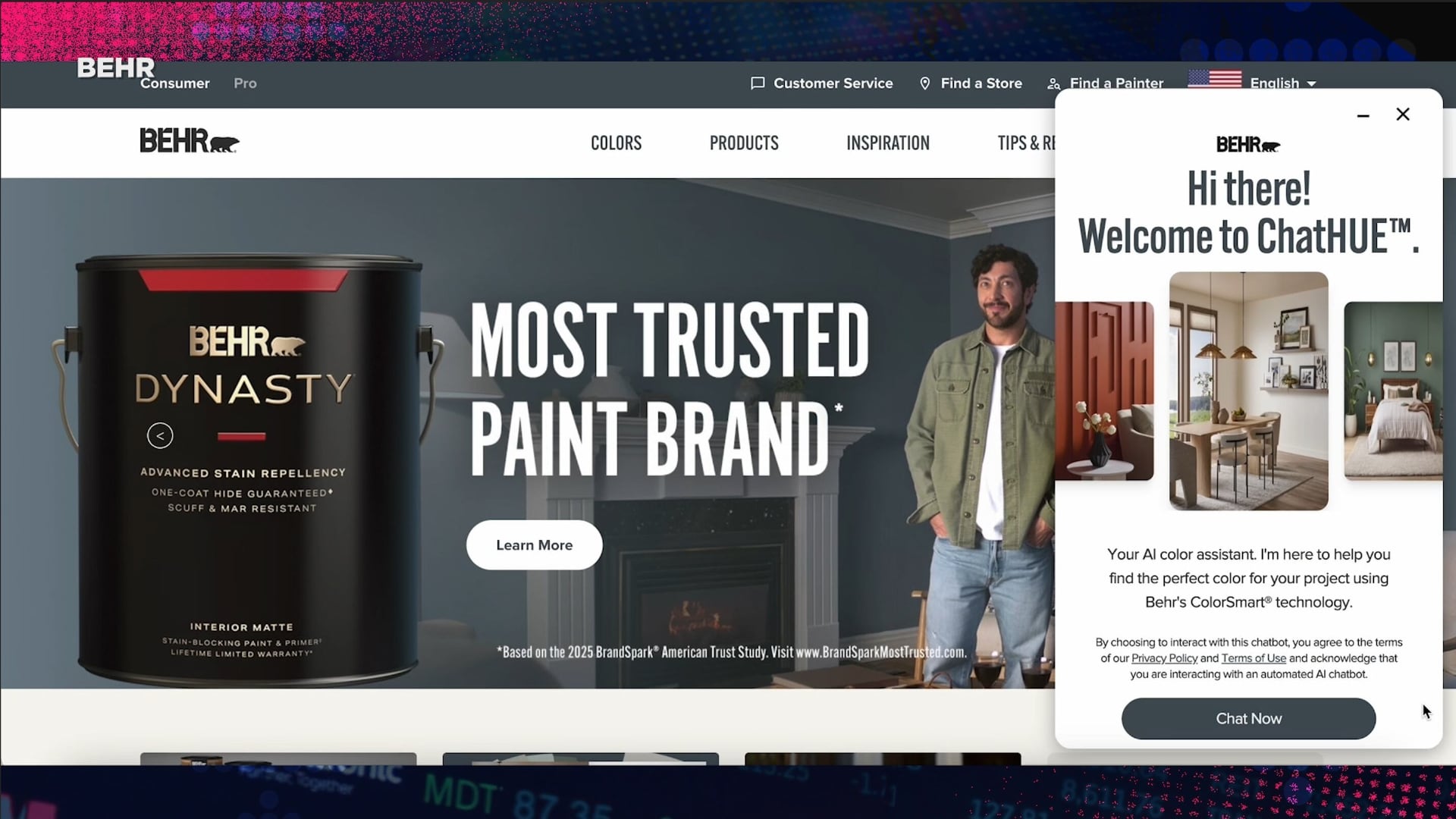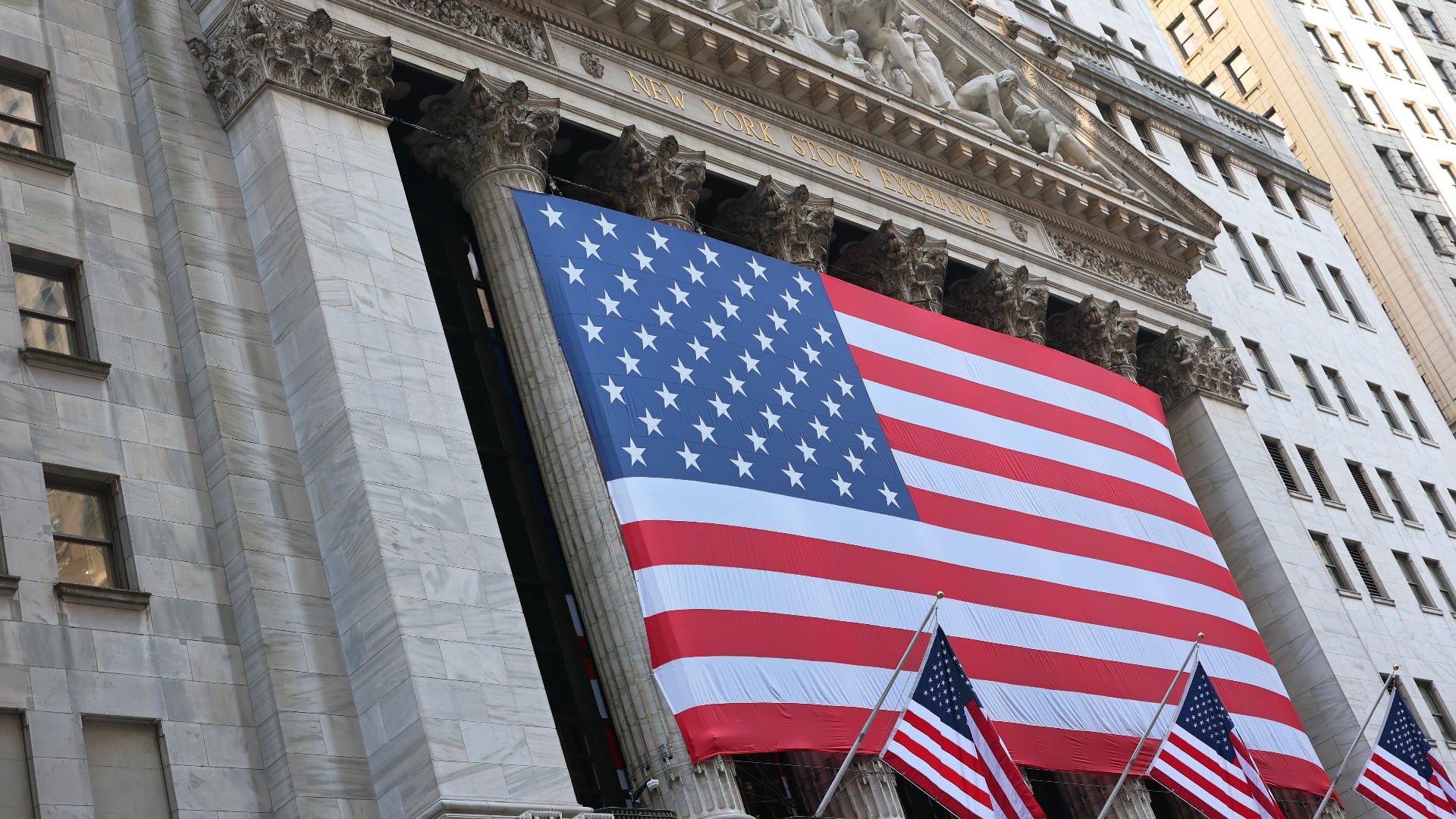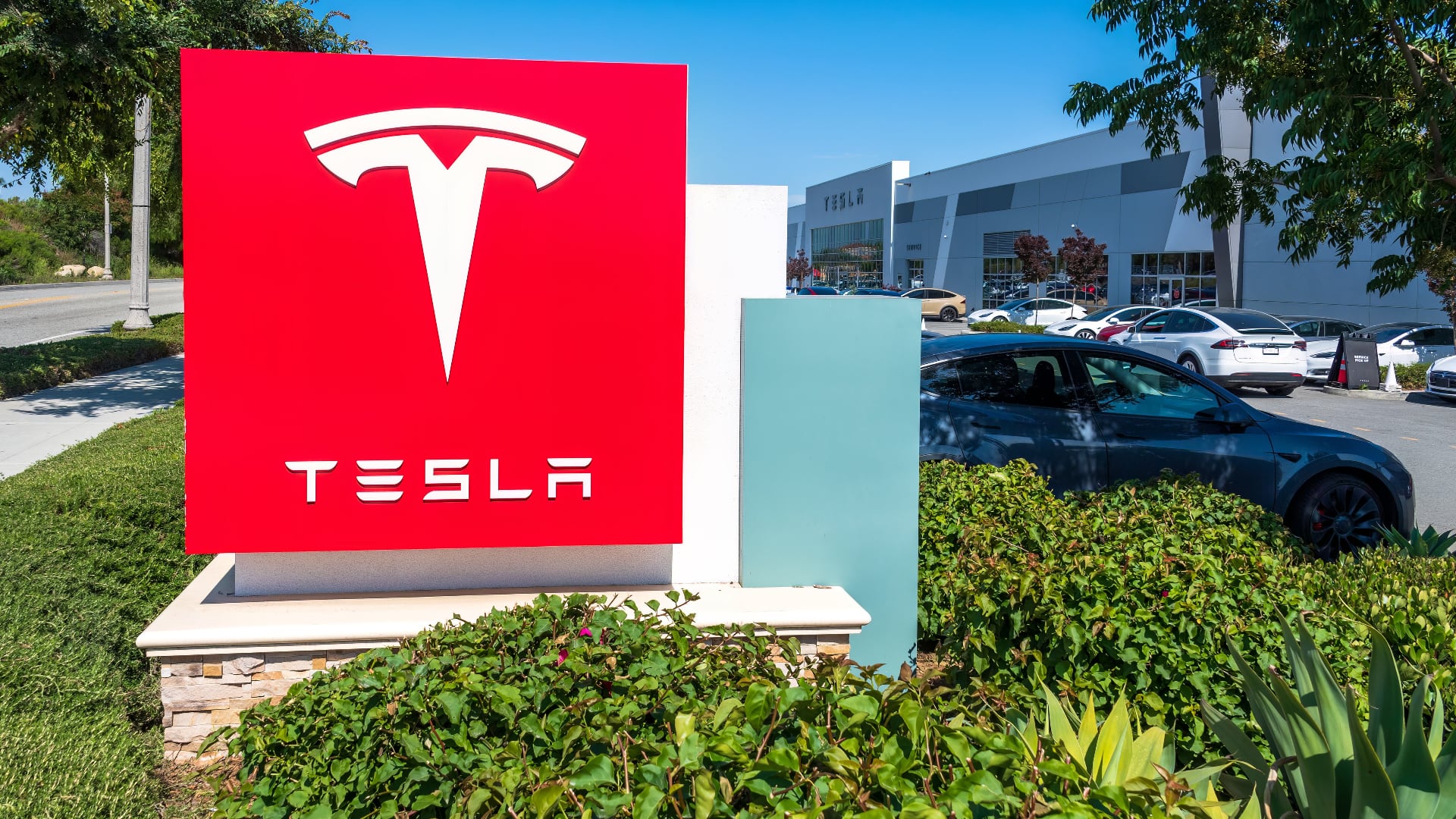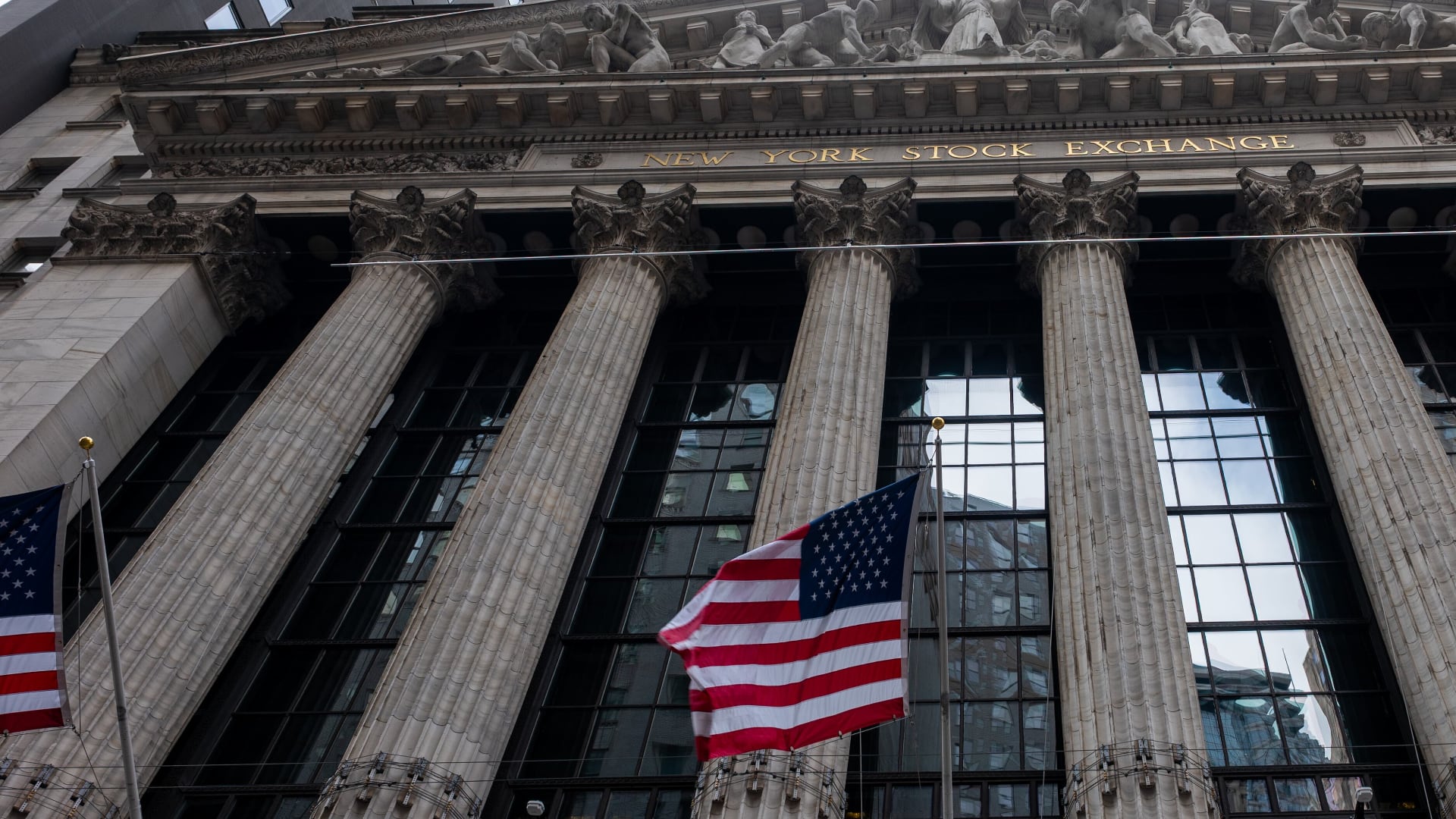Home prices rose 3.8 percent year-over-year in January, according to the S&P CoreLogic Case-Shiller U.S. National Home Price NSA Index. That's down from a 5.6 percent annual increase in December in another sign that the red-hot housing market of 2021 and early 2022 is fading in the rearview mirror.
Indeed, the index actually declined 0.5 percent month-over-month, as higher mortgage rates continued to put downward pressure on the housing market.
"January’s market weakness was broadly based," said Craig J. Lazzara, managing director at S&P DJI in a press release. "Before seasonal adjustment, 19 cities registered a decline; the seasonally adjusted picture is a bit brighter, with only 15 cities declining. With or without seasonal adjustment, most cities' January declines were less severe than their December counterparts."
Cities such as Miami, Tampa, and Atlanta are still seeing huge price gains, however, with Miami leading the pack at 13.8 percent year-over-year. Tampa came in second at 10.5 percent, and Atlanta in third at 8.4 percent.
Despite these standouts, S&P DJI is anticipating more headwinds.
“Financial news this month has been dominated by ructions in the commercial banking industry, as some institutions’ risk management functions proved unequal to the rising level of interest rates," Lazzara said. "Despite this, the Federal Reserve remains focused on its inflation-reduction targets, which suggest that rates may remain elevated in the near-term. Mortgage financing and the prospect of economic weakness are therefore likely to remain a headwind for housing prices for at least the next several months.”












